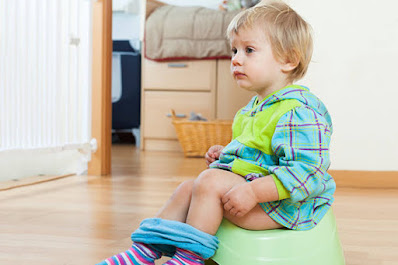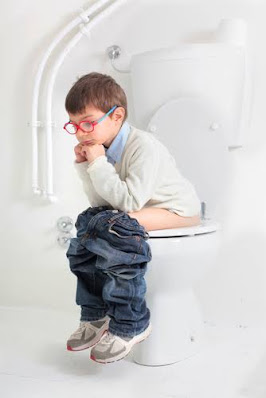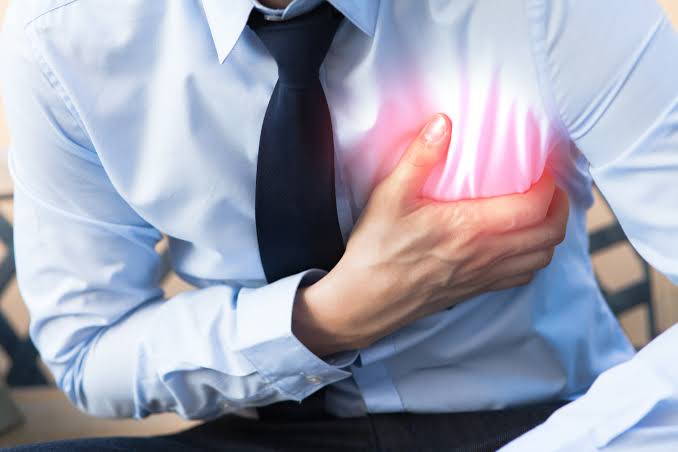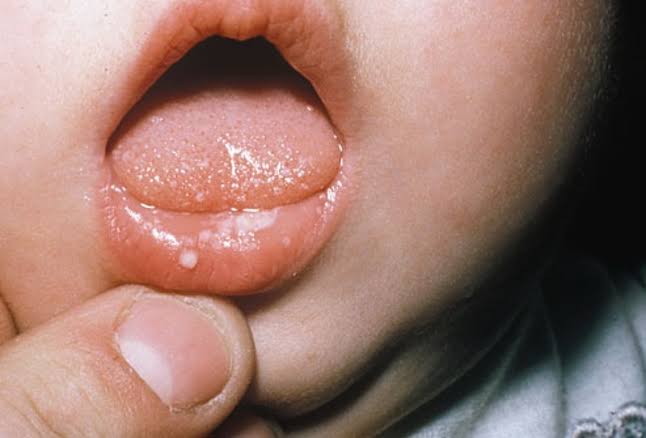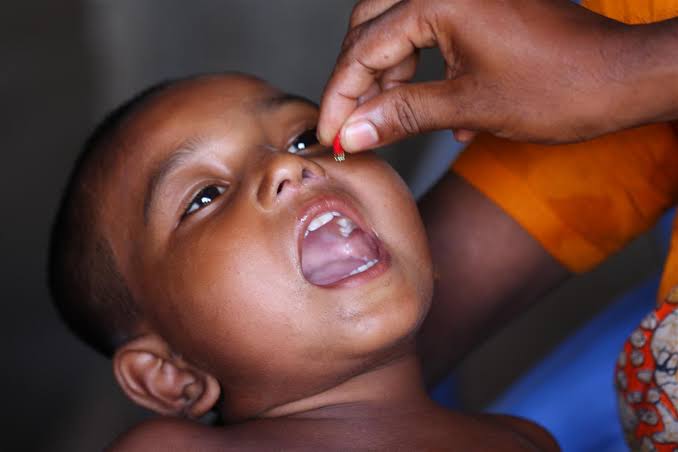- Acute Diarrhea in kids Its factors and Clinical features
Acute Diarrhea is defined as frequent passage of loose stools. It is one of the common- est diseases in children below 3 years. If treated at early stage it can prevent complications like dehydration, elec- trolyte imbalance, Yelllow watery diarrhea in babies, oliguria and shock.
These are the complications which are responsible for the hospitalization of the child. With proper treatment and good co-operation of parents one can certainly prevent hospitalization of some of these cases.
Cause of Infective Acute Diarrhea in kids Its factors and Clinical features
1. Viral infection: Rotavirus
2. Bacterial infection: E. coli, Shigella, Klebsiella, Salmonella, Vibrio Cholerae.
3.Parasites: Amebic infection, Giardia lamblia infection, Trichuris trichiura infection..
4. Fungal infection: Due to prolonged use of antibiotics.
5.Yelllow watery diarrhea
Factors of Acute Diarrhea in kids Its factors and Clinical features
2. Incidence is highest during teething age. Diarrhea has got no direct correlation with teething process, but due to irritation of gums child puts soiled hand and other articles in the mouth. This may give rise to infection and diarrhea.
3. Incidence increases during rainy season due to contaminated water.
4. Yelllow watery diarrhea in babies are fre- quently affected with the disease and chances of complications are more in malnourished children.
5. The disease is more common in slums because of poor sanitation.
Acute Diarrhea in kids Its factors and Clinical features
History is most important to know the cause of diarrhea-
1. Ask about the frequency and type of stools.
2. Whether it is associated with blood and mucus.
3. Any associated complaint like vom- iting, fever, drowsiness, oliguria, and pain in abdomen.
4. Feeding history: Ask about the type of feeding and method of sterilization of utensils.
5. Duration of diarrhea: Infective diarrhea lasts for few days but diarrhea due to enzyme deficiency or chronic amebiasis may last for longer duration.
6.Ask about colour of urine and other like Yelllow watery diarrhea in babies are most critical and common case.
Signs of -Acute Diarrhea in kids, Its factors and Clinical features
Apart from routine examination observe the grade of dehydration and severity of the disease: Anterior fontanelle, eye balls, tongue, skin turgor, distension of abdomen, peristaltic sounds and signs of circulatory collapse. These things are important to take the decision about the hospitalization of the child.
Grades of Dehydration
Grade I – Pulse rate is increased, skin over abdomen is hot and dry. (Mild Dehydration)
Grade II – Signs of grade I dehydration plus loss of skin turgor. (Mild to Moderate Dehydration.)
Grade III – Signs of grade II dehydration plus depressed fontanelle [when (Severe Dehydration) open], sunken eye balls, Dryness of tongue and oral mucosa.
Grade IV- Signs of grade III dehydration plus signs of circulatory collapse (Stage of Shock) such as- Rapid and thready pulse, altered sensorium, oliguria, hypotension and acidotic breathing.
In diarrhea there is a loss of water and sodium. Depending upon the proportional loss of water and sodium dehydration is divided into 3 types.
Hyponatremic Dehydration in kids
LOSS of sodlum is more than water. Dramatic improvement occurs after intra venous 1/5 or 1/3 normal saline.
Isotonic Dehydration
Loss of sodium and water is in equal proportion. In severe cases this may lead to circulatory collapse.
Hypernatremic Dehydration
Loss of water is more than loss of sodium. This may lead to cellular dehydration and may lead to complications like cerebral thrombosis and convulsions. The degree of actual fluid loss is at least 3 to 5% more than the fluid loss calculated from physical finding. Clinically it may be difficult to differentiate between these 3 types of dehydration, but toughness of eye balls and more fluid loss with less clinical signs of dehydration, these things should make one think about the possibility of hypernatremic dehydration. This is very important because giving more of sodium through IV fluids or orally will increase the hypernatremia and may lead to above mentioned complications.
Complications of Acute Diarrhea in kids Its factors and Clinical features
1. Dehydration
2. Electrolyte imbalance
3. Distension of abdomen and paralytic ileus
4. Oliguria
5. Convulsions
6. Circulatory Collapse- Yelllow watery diarrhea in babies
7. Chronic Diarrhea: Due to repeated infection or due to enzyme deficiency.
In next Artical we will post Treatment of chronic diarrhea in child.
Team-Dailyayurvedic
Thank you

